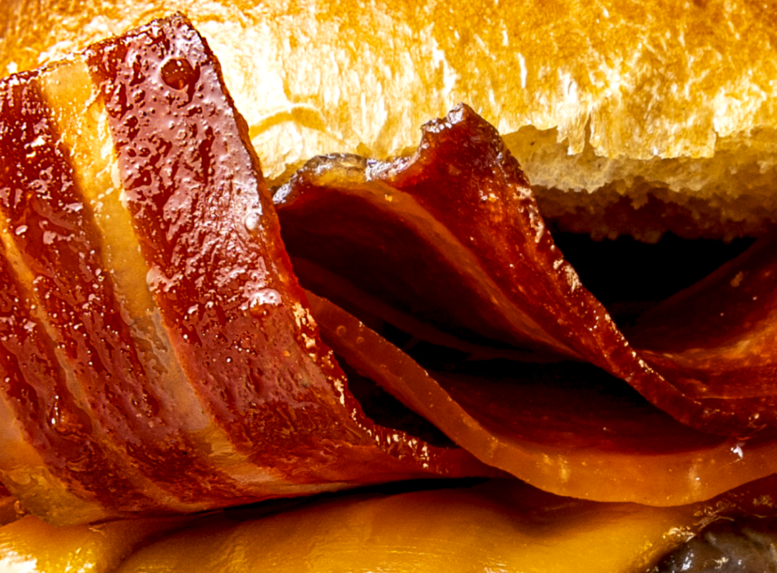
A move by France’s government to ban plant-based food manufacturers using meaty names such as sausage and steak for their products has been suspended by the country’s highest administrative court.
The ban was intended to come into force on 1 October but the French Conseil d’Etat has suspended the implementation of the decree, saying it was not possible for businesses to comply by that date.

Discover B2B Marketing That Performs
Combine business intelligence and editorial excellence to reach engaged professionals across 36 leading media platforms.
In a ruling announced yesterday (27 July) and seen by Just Food, the court also expressed doubt about the legality of the ruling and whether it is justified in terms of providing consumer information.
The ruling is an interim order suspension rather than a reversal and it is unclear at this stage what will happen next.
However, it has been welcomed by organisations advocating plant-based food.
Protéines France, a consortium of businesses looking to grow plant-based consumption, said: “Many steps are necessary to change the name of a product, such as the development of new denominations and brand universe, carrying out consumer surveys and the filing of brands for protection, as well as the production of new packaging.”

US Tariffs are shifting - will you react or anticipate?
Don’t let policy changes catch you off guard. Stay proactive with real-time data and expert analysis.
By GlobalDataThe consortium’s members include French food manufacturers and retailers including agri-food group Avril, Groupement Les Mousquetaires and dairy giant Savencia Fromage & Dairy, as well as Nestlé, the world’s largest food maker.
It added: “By suspending the decree, the Conseil d’Etat recognises the impossibility for operators to be able to comply with it on October 1, 2022. As a result, products containing vegetable proteins can continue to be marketed under the current names.”
ProVeg, an organisation “working to transform the global food system by replacing conventional animal-based products with plant-based and cultured alternatives”, also welcomed the court ruling.
Jasmijn de Boo, its vice president, said: “We are delighted to hear that the French Conseil d’Etat has decided to suspend the decree prohibiting names for plant-based products.
“Plant-based foods are part of the solution to tackling the climate crisis and any regulation should actively support their sale and marketing not hamper it.”
However, a joint statement from French farmers’ unions – including the country’s largest FNSEA – said their members were “stunned” at the decision. The statement pinned the blame on Protéines France.
“What are the real motivations of Protéines France? Have the consequences on farmers been measured? This is all the more surprising since member companies of Protéines France exist thanks to animal husbandry, a local, historical and growing outlet for their production.”
France’s move to ban manufacturers from using meaty terms to describe products containing no meat was announced at the start of this month.
“It will not be possible to use sector-specific terminology traditionally associated with meat and fish to designate products that do not belong to the animal world and which, in essence, are not comparable,” the decree read.
France became the first country in the European Union to impose such a ban. The EU rejected a similar proposal that would have resulted in bloc-wide restrictions in 2020.
The French decision followed hot on the heels of a ban on meaty terms for food containing no meat announced by the South African government.





